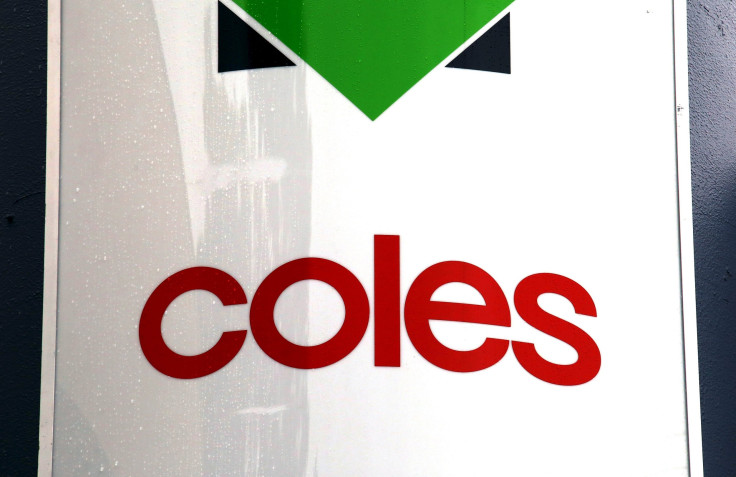Coles reduce self-serve checkout to beat supermarket theft

Coles has decided to restrict the number of items at self-serve checkouts to 12 items only. The decision was made four months after a news.com.au revealed that the company was cracking down on a supermarket theft. It was also revealed that customers underscan the items they bought.
The supermarket giant said that it was tired of shoppers who avoid paying by not scanning their products. It added that there are customers who scanned cheaper items to get a discount on more expensive products. The situation was compounded with the machines' inability to identify the expensive items to the cheaper items.
Consumer research group Canstar Blue revealed that younger customers fell to the "swipe everything as carrots" mentality leading to a practise of five-finger discount. The behaviour has ripped off supermarkets in its self-serve section. One in six customers in their 30s did not intentionally pay for an item using the self-service checkout, per the research company. But the behaviour is not limited to customers in their 30s. The research body said that among respondents of varying ages, one in 10 admitted that they cheated the self-serve section of the supermarket.
Younger customers were ones who preferred self-service more. "Younger people prefer to be in their own little world, wearing headphones, in the zone, when they don’t have to relate to people,” Canstar Blue's Simon Downes said. Half of survey respondents over the age of 60 were frustrated by the machines. Older male customers did not like using it.
Professor Larry Neale of Queensland University of Technology’s business school said that stealing was easier in a self-service checkout setup. “The customer can’t point to someone and say, ‘That person is going to lose money if I steal from this store’,” Neale said.
It was reported that up to three percent of the supermarket revenues disappear through theft. Coles' profit was reported to have $38 billion sales while Woolworths has $61 billion sales. However, according to the report, the big supermarkets lost almost $3 billion in a year.
The company believes that self-scanning check-outs are efficient to use. “We have found customers with small baskets can generally complete their shopping faster by using self-scanning check-outs,” a Coles spokesperson said. It used a recalibrating machine to speed up self-serving shopping in its Victorian stores.
The Coles spokesman said that the company was introducing a new technology to address the problem. He also denied that they would employ two staff at self-service areas. He said that they already had more than one self-service supervisor.




















